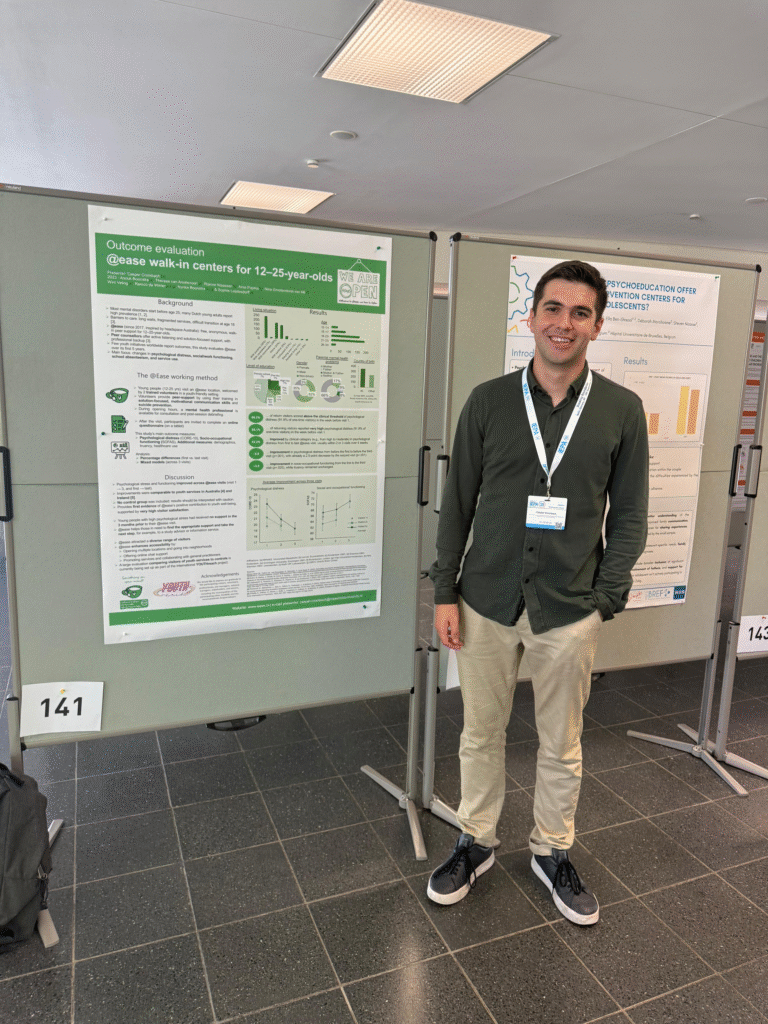During my internship at a school for children with special needs, I was struck by something I did not expect. These children were surrounded by professionals and received far more individual support than most of their peers. Yet, many of them told me they did not feel truly heard.
One moment in particular has stayed with me. I was asked to support a student who did well academically but struggled with his behavior in class. His teacher had trouble connecting with him, and it would take time before formal support could be arranged. Together with my supervisor, we decided I should simply try to make contact by playing football with him, something he really enjoyed. To our surprise, this worked. During those games, he opened up about issues he had never shared with his teacher, mentor, or parents. That was when I realized how valuable it can be for young people to talk with someone on an equal level, outside the traditional therapist–patient role.
My name is Casper Crombach, and that experience was the starting point of a journey that has taken me from being a peer worker at @ease to now working as a PhD-candidate at Maastricht University within the YOUTHreach project.
At @ease, one of the walk-in centers being tested in YOUTHreach, I saw first-hand the importance of creating open, welcoming spaces where young people can talk about their mental health without fear of judgment or labels. This role helped me grow into research: first as an intern, and now as a second-year PhD candidate.
It has been fascinating to see how my early observations were later reflected in research. In the everybody@ease study [1], we explored barriers and facilitators for young people who had not yet reached mental health car, not even low-threshold services like @ease. We found that many young people were dissatisfied with traditional care. They often felt reduced to a set of symptoms instead of being seen as a whole person. This lack of recognition made many drop-out of treatment or avoid seeking help altogether.
Now, I am very happy to be spending most of my time working on the YOUTHreach project, which I truly believe can be a game-changer in youth mental health. What excites me most is the inclusion of young people throughout the research process. Both the interventions and the research are being shaped by young people, for young people. This represents an important step toward ensuring that lived experience genuinely guides how services are designed.
Finally, to all the young people reading this blog: please subscribe to our newsletter (via www.youth-reach.eu), follow us on Instagram (@Youthreach_eu) and, most importantly, engage with us. Everyone involved in this project is absolutely motivated to improve your mental health experiences, so your input is of great value to us.
Thank you for your interest in this project. Hopefully we’ll see you soon at a YOUTHreach event!
[1] Crombach, C.M.W., Janssen, S.E.R., Daemen, M. et al. Everybody @ease – reaching Out To Vulnerable Subgroups of Young People with Mental Health Problems in the Netherlands: an Adaptation of the Standard @ease Working Method. Child Psychiatry Hum Dev (2025). https://doi.org/10.1007/s10578-025-01861-z

Find the latest YOUTHreach updates in your inbox!